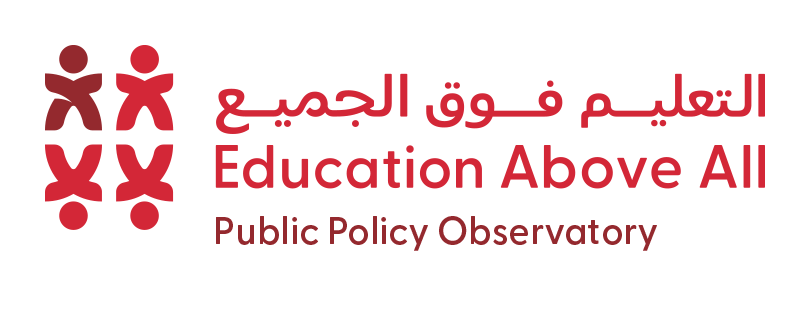Context
While there has been significant progress in addressing the mental health needs of citizens in Bangladesh, the urgent need to address child and adolescent mental health in schools became clear during the COVID-19 pandemic and subsequent school closures. Mental illness among children and adolescents is estimated to be at 12.6% in Bangladesh.
Solution
UNICEF, together with the Ministry of Education (MoE), introduced school-based Mental Health and Psychosocial Support (MHPSS) programs and integrated mental health and psychosocial well-being into the National Curriculum Framework 2021. Introduced in all secondary schools in January 2023, the national curriculum framework has experiential learning at its core and covers pre-primary to grade 12. One of the ten learning areas covered is physical and mental health and well-being, which promotes the development of socio-emotional skills and teaches children to take care of their bodies and minds. An average of 9 percent of the total learning time is now dedicated to mental health literacy, and assessments of the school and home environment are included in the curriculum. A national multi-sectoral technical group to develop MHPSS content was established. Textbooks and teacher guides on mental health and well-being were developed by experts, and children’s books and instructional materials were tested in 62 schools. With the support of UNICEF, the MoE developed a five-day training manual for Psychological First Aid (PFA) and a three-hour online foundational training on mental health for teachers. The implementation costs were covered by the government, and these attempts reflect the proactive approach the MoE took towards creating a learning environment that promotes positive mental health and well-being.
Impact
Since January 2023, the new curriculum has been implemented in over 30,000 secondary institutes, benefiting over 5 million students. It is estimated that the program can benefit more than 12 million learners by 2025. Over 30,000 teachers have gained knowledge and skills to integrate mental health and well-being into their classrooms, while an additional 260,000 teachers have completed online PFA training. At present, UNICEF is conducting implementation research to evaluate the effectiveness and impact of these interventions and is also advocating for an increase in mental health professionals in schools to provide targeted support. Further evaluations and assessments need to be done to establish the real impacts of this intervention.













